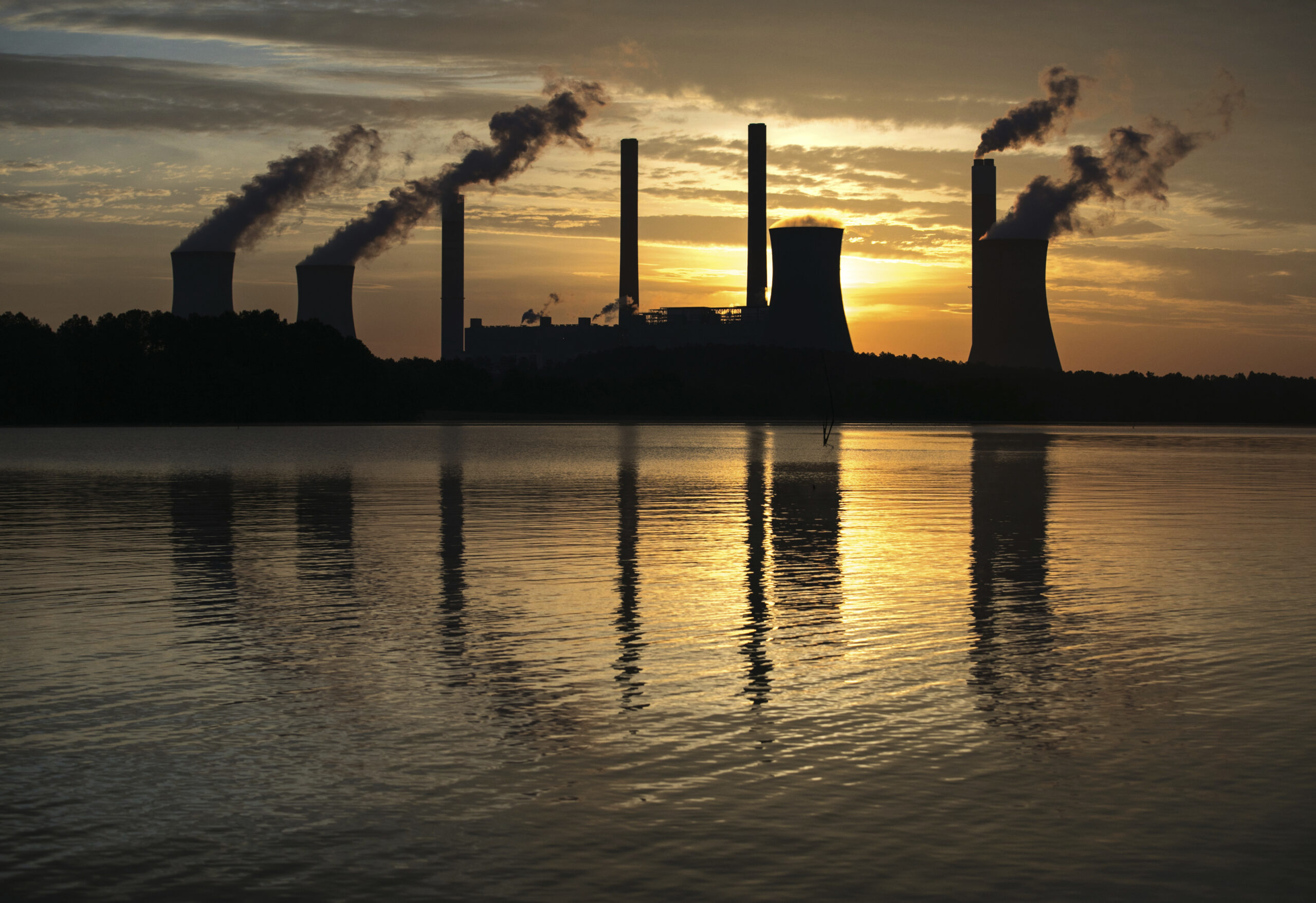Next week, Georgians go to the polls to vote in the primaries; many people have already voted early. At this point, there are two major candidates still in the running in the Democratic presidential race.
Both Vice President Joe Biden and U.S. Sen. Bernie Sanders agree that climate change is an urgent issue. In the introductions to their climate plans, Biden calls climate change an “existential threat;” Sanders calls it a “global emergency.”
They agree on other high-level things, too, but in the details, they diverge.
What The Candidates Agree On
Sanders and Biden agree that the U.S. should re-commit to the Paris Climate Agreement, the international accord that President Donald Trump is pulling the country out of. They also say the U.S. should be a world leader on climate change. And they have pledged to reject donations from the fossil fuel industry.
Both say that we need to make sure workers from, say, the coal industry, and their communities, aren’t left behind in a transition to cleaner energy sources.
They want to make big investments in infrastructure and in research and technology; they want to help get more electric vehicles on the roads, and improve railroads and public transit.
And they both say they embrace the Green New Deal, the proposal in Congress that lays out climate legislation. Sanders’s climate plan is actually called the Green New Deal, and he was endorsed by the Sunrise Movement, an advocacy group that’s pushing for the Green New Deal to be adopted.
Timeline and Spending
Biden says he’d spend $1.7 trillion over the next ten years. Sanders proposes to spend almost ten times that amount, $16.3 trillion.
On the schedule side, Biden’s goal is net-zero greenhouse gas emissions by 2050.
Sanders has a 2050 goal to eliminate greenhouse gas emissions, but he also has an ambitious 2030 goal: to have all electricity and transportation powered by renewable energy sources by then.
Different Tactics
Both candidates have extensive plans, and we’re not getting all the details in here. But here are some of the tactics where they begin to diverge.
Part of what Biden wants to invest in is carbon capture technology, to basically suck carbon dioxide out of the air and store it to help counteract emissions.
Biden wants to regulate natural gas much more strictly, and to ban new oil and gas leases on federal lands. And he’d encourage renewable energy development in those places.
Sanders wants to basically remake the country’s electric system.
He wants to expand government-run power authorities and have them generate electricity from renewable sources, to eventually drive coal- and gas-fired power plants out of business.
Beyond the regulations Biden is calling for on natural gas, Sanders wants to flat out ban fracking. He also wants to ban imports and exports of fossil fuels.
And Sanders calls carbon capture technology, which Biden supports, a false solution.
Approaches To Nuclear
Sanders is also opposed to nuclear power. He says he wants to stop nuclear power plants from getting their licenses renewed and not allow any news ones to be built.
There are two nuclear power plants in Georgia, and Georgia Power is expanding one of them. The Plant Vogtle nuclear expansion is the only nuclear power construction project in the country right now.
Nuclear is an important, but controversial, part of the climate conversation, because once it’s built, it doesn’t generate greenhouse gas emissions, but, of course, it does generate nuclear waste. And it is expensive to build. So environmentalists are split on nuclear.
While Sanders is against all of it, Biden supports research on a new generation of smaller, cheaper nuclear reactors. And he doesn’t rule out continuing to use the existing ones.









